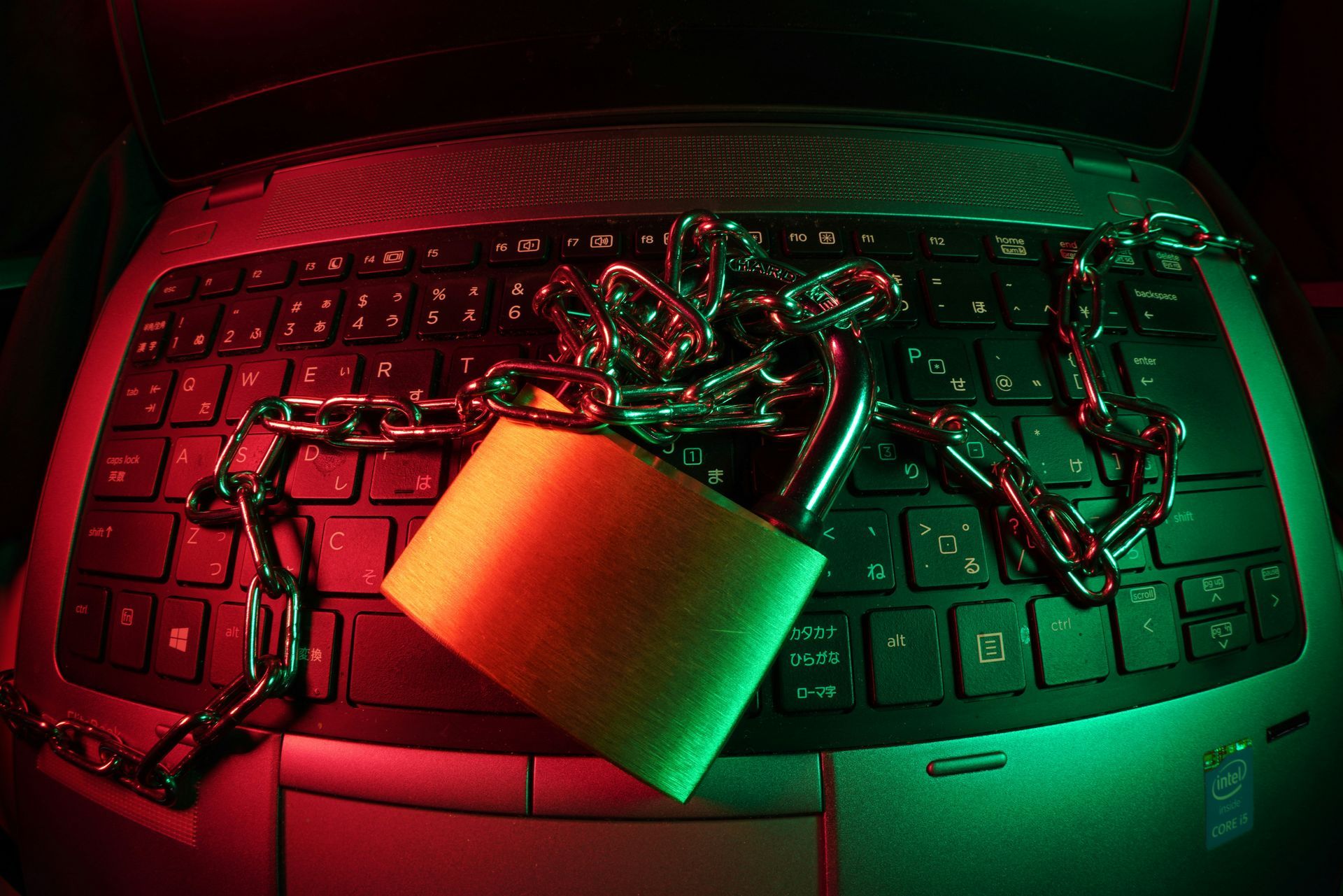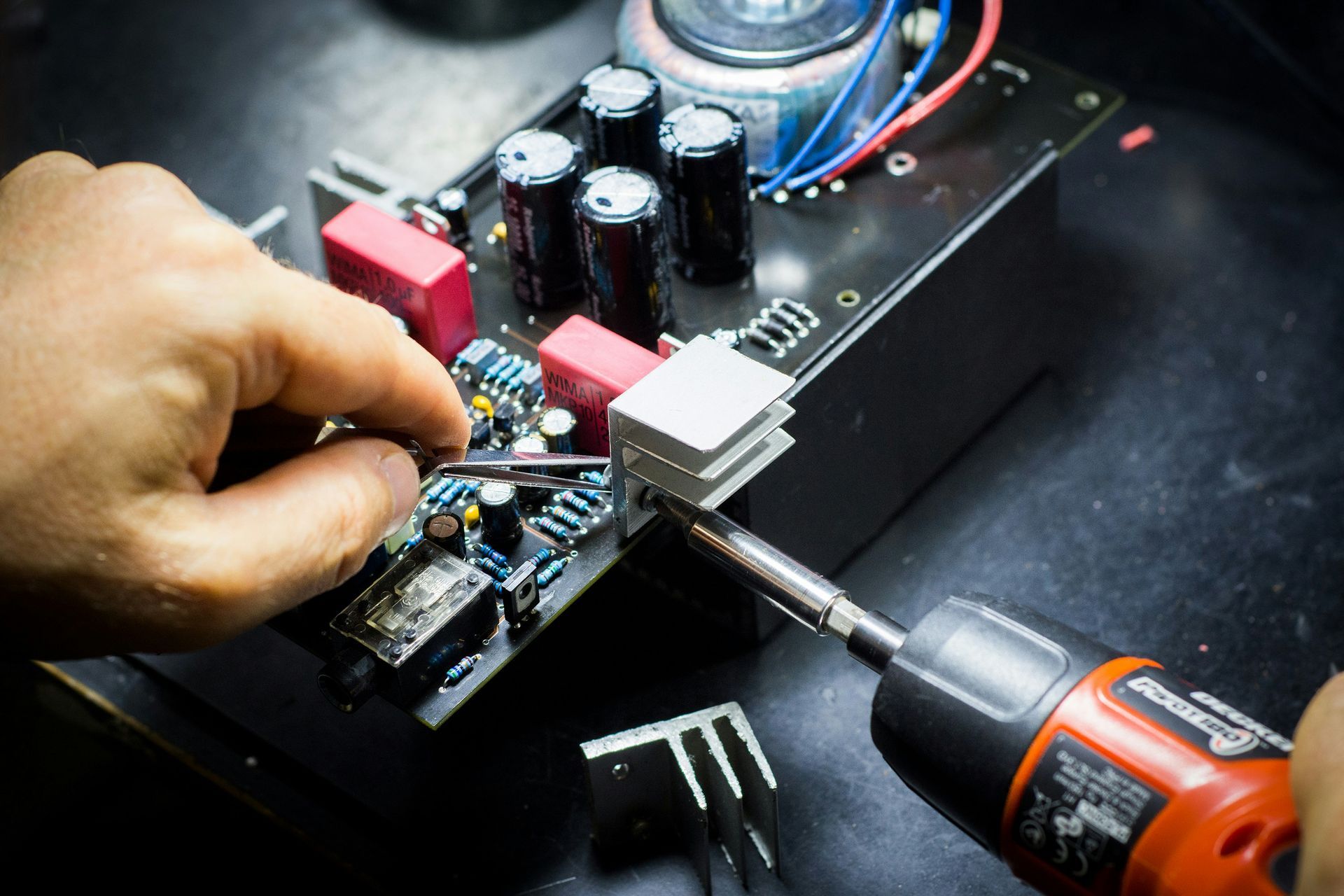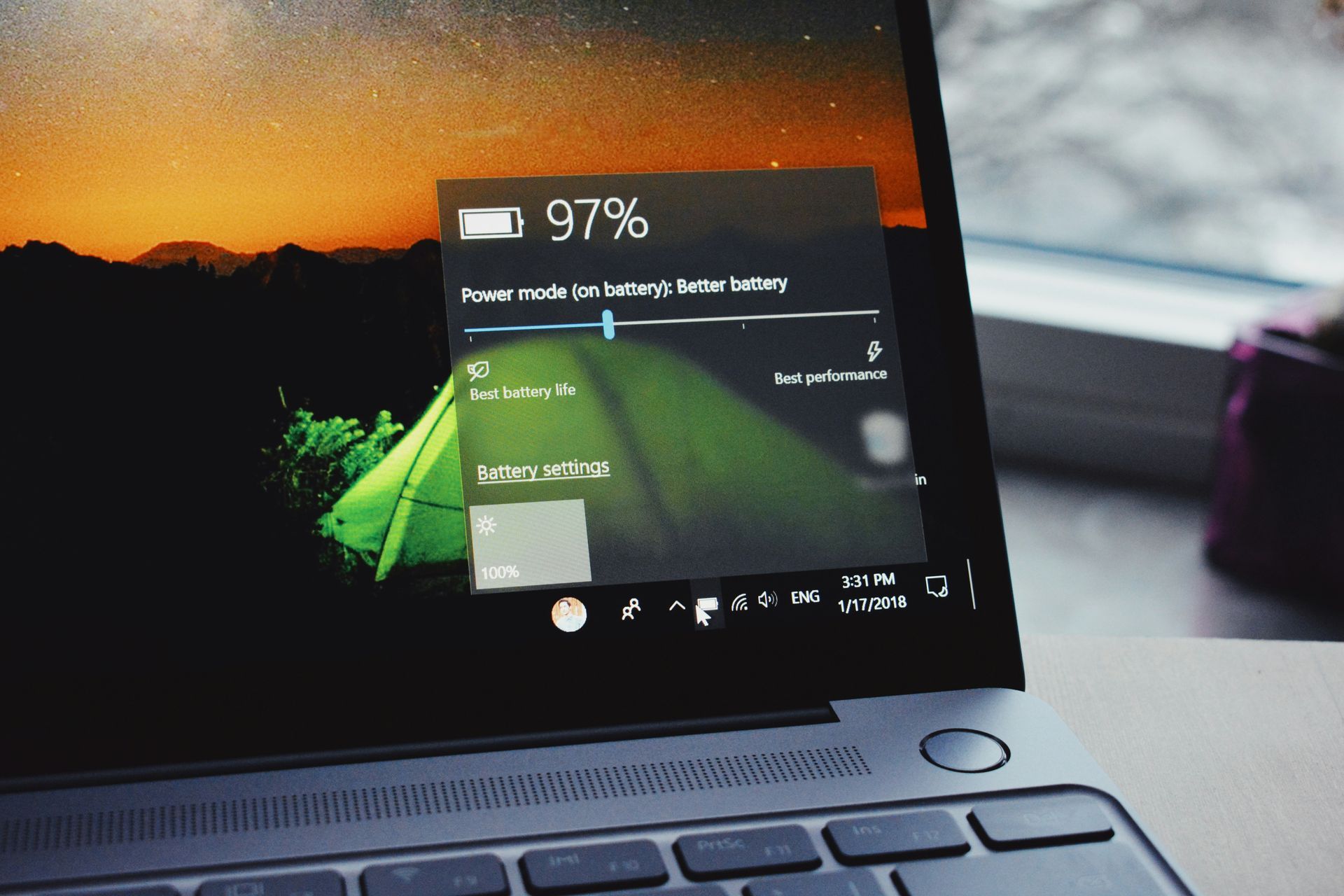10 Tips to Protect Your Computer From Hackers and Viruses
Concerned about hackers and viruses threatening your computer's safety?
PC ReFix brings you this comprehensive guide with essential tips to boost your digital defences. Implement these to protect your devices against digital threats.
These tips are tailored for everyone, regardless of technical know-how, providing a guide to securing your computer.
10 Essential Tips on How to Protect Your Computer from Hackers and Viruses
Tip 1: Use Reliable Antivirus Software
Your first step in guarding against online threats is to install a reliable antivirus program.
These programs are crafted to detect, thwart, and eliminate malware, such as viruses, worms, and Trojan horses. Opt for a trusted antivirus solution that provides ongoing protection and frequent updates.
Top picks include Norton, McAfee, and Bitdefender, known for their effectiveness against both known and emerging threats. Investing in a solid antivirus program is a fundamental and essential part of your computer's defence plan.
Tip 2: Install Regular Software Updates
Keeping your computer's software up-to-date is a simple yet powerful way to stay ahead of hackers. Software updates often include fixes for security weaknesses that viruses or hackers could exploit.
To maintain your computer’s safety, enable automatic updates on your operating system and all installed software. This ensures that you receive the latest security patches as soon as they are available. Whether it is your operating system, web browser, or any installed application, regular updates are a key step in preventing unwanted intrusions. Think of these updates as routine check-ups that keep your computer healthy and secure.
Tip 3: Use Strong, Unique Passwords
Strong and unique passwords act as a critical barrier against unauthorised access.
Avoid common words or easily guessable information like birthdays or pet names. Instead, create complex passwords with a mix of letters, numbers, and symbols.
It is also crucial to use different passwords for various accounts. This way, if one account is compromised, others remain secure.
Consider using a password manager, which securely stores and generates complex passwords for you. Regularly change your passwords and never share them with anyone to significantly reduce the risk of hacking.
Tip 4: Enable Firewall Protection
Your computer's firewall protects your computer. It serves as a gatekeeper, controlling incoming and outgoing network traffic and helps shield your computer from unauthorised access and malicious software. Most operating systems come with a built-in firewall, which should always be enabled.
Additionally, many routers also have firewall capabilities, adding an extra layer of protection. Configure your firewall settings according to your needs, ensuring it is active especially when connected to public Wi-Fi networks.
A properly set-up firewall can effectively block hackers and viruses from accessing your computer through the internet, making it a fundamental element in your defence strategy.

Tip 5: Beware of Phishing Attacks
Phishing attacks are a common tactic used by hackers to trick you into providing sensitive information. These attacks often come in the form of deceptive emails or messages that mimic legitimate sources.
Always be cautious with emails or messages requesting personal information, even if they seem to come from trusted
entities.
- Look out for signs like poor spelling, generic greetings, and suspicious attachments.
- Never click on links or download attachments from unknown or unsolicited sources.
Educating yourself about the signs of phishing and staying vigilant can significantly reduce the risk of falling victim to these deceptive tactics.
Tip 6: Secure Your Wi-Fi Network
Securing your Wi-Fi network is crucial in preventing unauthorised access to your computer. Start by setting a strong password for your Wi-Fi, different from the default one provided. Enable WPA3 encryption if your router supports it, as it is the most secure protocol.
Also, consider hiding your Wi-Fi network's SSID (name) to make it less visible to outsiders. Regularly updating your router’s firmware is important too, as updates often fix security vulnerabilities. These steps make your Wi-Fi network less prone to intrusions, creating a safer online environment for your computer.
Tip 7: Be Cautious with Downloads
Exercising caution when downloading files and software is vital. Malicious downloads can often appear legitimate but contain viruses or malware. Always download from official and reputable sources, avoiding unofficial websites or links sent via email.
Before downloading, research the software or file, read reviews, and verify its authenticity. Additionally, adjust your browser settings to alert you before downloading files. This can serve as a reminder to double-check sources. Being selective and vigilant about what you download greatly reduces the risk of infecting your computer with harmful software.
Tip 8: Use VPNs for Secure Connections
A Virtual Private Network (VPN) is a powerful tool for enhancing online security. It encrypts your internet connection, making it difficult for hackers to intercept or view your data. This is particularly important when using public Wi-Fi networks, which are less secure and more vulnerable to attacks. Choose a reputable VPN service, and ensure it is active whenever you are online, especially on public networks.
A good VPN not only secures your connection but also helps maintain your privacy from various online trackers. Integrating a VPN into your daily internet usage is a smart move for greater online protection.
Tip 9: Regular Backups
Regular backups are your safety net against data loss due to a virus or hacking incident. Back up important files to an external hard drive or a cloud storage service regularly. This way, if your computer does become compromised, you will not lose everything.
Consider setting up automatic backups for convenience. It is also wise to test your backups periodically to ensure they work correctly. By keeping an up-to-date backup, you safeguard your important documents, photos, and other data, ensuring that you can quickly recover and restore your information in the event of a computer breach.
Tip 10: Stay Informed About Security Trends
Staying informed about the latest security trends is crucial in protecting your computer. Hackers and their tactics constantly evolve, and being aware of the latest threats can help you stay one step ahead. Follow technology news sites, subscribe to security-focused newsletters, and consider joining online forums that discuss computer security. These resources often provide valuable insights into new threats and protection strategies.
Conclusion
In conclusion, safeguarding your computer from hackers and viruses involves a combination of vigilance, knowledge, and the right tools.
From using reliable antivirus software to staying informed about the latest security trends, each of these tips plays a vital role in your overall digital protection strategy.
Remember, the online world is constantly evolving, and so are the methods used by those looking to exploit security weaknesses. Therefore, it is essential to stay proactive and adapt your defences accordingly.
Stay alert, stay informed, and most importantly, stay secure!
Need Help Securing Your Computer? Contact PC ReFix
If you need professional assistance in securing your devices PC ReFix is here to help. PC ReFix can assist in setting up robust security measures on your computer and provide solutions if your system is affected by viruses.
Contact PC ReFix today for expert
Virus and Spy Removal Services.
PC ReFix | 55 Finchingfield Way, Colchester, Essex, CO2 0AT
07984617674
Privacy Policy | Terms & Conditions
All Rights Reserved 2023



